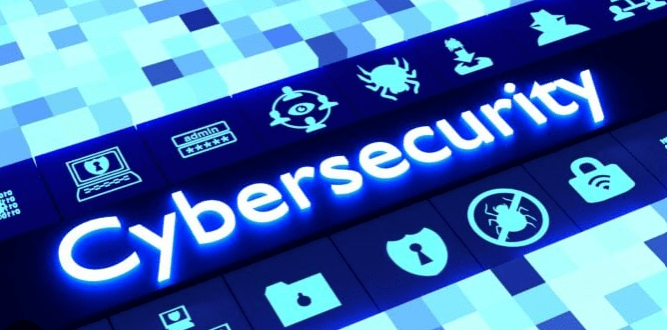In today’s digital era, cybersecurity is not just a technical field reserved for experts—it’s a necessity for everyone who uses the internet. With the growing number of cyber threats, data breaches, and identity theft cases, understanding cybersecurity has become as vital as knowing how to use a computer. Whether you’re a student, a business owner, or an everyday user, learning how to protect your data and understanding why cybersecurity matters is crucial.
Why Cybersecurity is Important
Cybersecurity is the practice of protecting systems, networks, and programs from digital attacks. These cyberattacks often aim to access, steal, or destroy sensitive information, interrupt business operations, or extort money from users.
Here’s why cybersecurity is essential:
- Protection of Personal Data: Your emails, bank details, passwords, and photos can be misused if hacked.
- Securing Business Assets: For companies, a data breach can result in financial loss and damaged reputation.
- Preventing Identity Theft: Cybercriminals can impersonate you using stolen information.
- Avoiding Legal Consequences: Businesses that don’t protect user data may face lawsuits and regulatory penalties.
- Maintaining Trust: Customers trust businesses that keep their information secure.
How to Learn Cybersecurity
You don’t need to be a computer genius to start learning cybersecurity. Here’s a simple guide:
1. Start with the Basics
Learn how the internet works, understand common threats like phishing, malware, ransomware, and how hackers exploit vulnerabilities.
Useful resources:
- Free online courses (Coursera, edX, Udemy)
- Cybersecurity blogs (Krebs on Security, Cybrary)
- YouTube tutorials on ethical hacking and system protection
2. Understand Cyber Hygiene
Practice and promote basic safety rules:
- Use strong, unique passwords
- Enable two-factor authentication
- Update software regularly
- Avoid clicking on unknown links or attachments
3. Use Cybersecurity Tools
Familiarize yourself with tools like:
- Antivirus software
- VPNs (Virtual Private Networks)
- Firewalls
- Password managers
4. Take Formal Courses
For a deeper understanding:
- Enroll in certifications like CompTIA Security+, CEH (Certified Ethical Hacker), or CISSP.
- Consider cybersecurity diplomas or degrees if you want a professional career.
5. Practice Ethical Hacking
Use legal platforms like Hack The Box or TryHackMe to test your skills in simulated environments.
Tips to Prevent Data Breaches
Even basic awareness can prevent major data leaks. Here are some key tips:
- Encrypt sensitive data before storing or sharing.
- Limit access to data only to those who need it.
- Back up data regularly to recover in case of a breach.
- Monitor your accounts for suspicious activity.
- Educate employees or family members on cybersecurity practices.
Conclusion
Cybersecurity is not optional—it’s a digital life skill. With the increasing risks online, taking proactive steps to learn cybersecurity and protect your data is a smart move. Whether you’re safeguarding personal information or running a business, investing in cybersecurity knowledge pays off in safety, confidence, and peace of mind.

